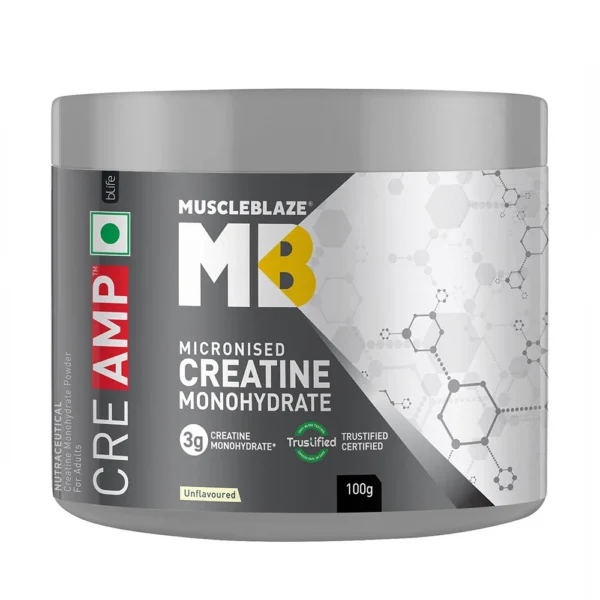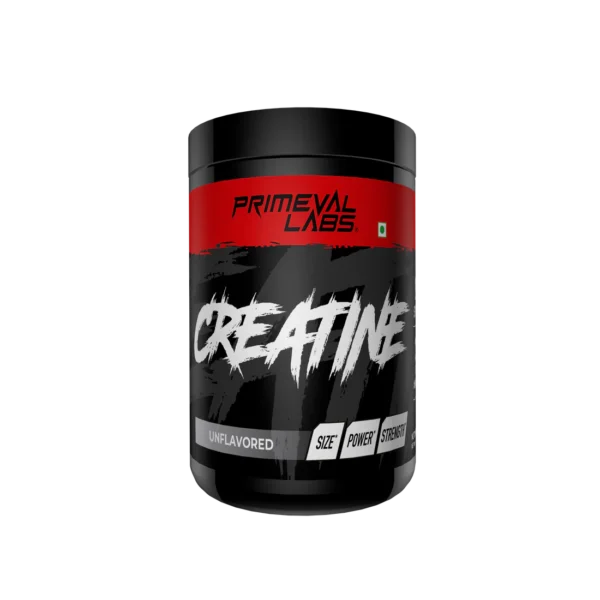Creatine
What Is Creatine?
Creatine is made up of three amino acids called arginine, Glycine and methionine; approximately 90% is produced and stored naturally within muscle cells while an additional 5% may also be stored in liver, brain and kidney cells. Food items containing creatine may include red meat such as steak or salmon with tuna as examples of such items.
Creatine is a widely beloved sports supplement used by athletes and bodybuilders to enhance their performance. Creatine may help improve muscle recovery after workouts as well as strengthen endurance, power and strength. Creatine also aids in producing Adenosine Triphosphate (ATP), the primary energy source used by our cells when engaging in strenuous physical activities or lifting heavy weights. Creatine monohydrate supplements are widely utilized and effective.
Creatine Benefits and Uses:
Although creatine is an extremely potent drug with multiple advantages, many misconceptions about its effects remain. Therefore, scientists conducted extensive studies on this substance; its safe consumption being 100% assured as creatine isn’t classified as an anabolic steroid.
Let’s consider the many benefits of creatine.
- Increase Energy Creatine can increase energy by prolonging its effects of explosive power, enabling more intense training sessions without becoming fatigued quickly. This makes creatine an invaluable supplement.
- Foster Muscle Synthesis: Creatine can assist in stimulating muscle fibre regeneration and raising IGF-1 levels – two essential ingredients for developing significant amounts of lean muscle mass.
- Increase Muscle Volume and Size: Creatine is known to hydrate muscle cells, leading to increased cell volume and larger muscles. According to research conducted over time, creatine’s effects include lower myostatin levels – a protein which inhibits muscle growth – due to decreased myostatin production by muscle cells.
- Maintain Brain Health: Our bodies depend on creatine as an energy source to ensure the proper functioning of our minds, but without enough energy available it could lead to cell death and increase the risk of age-related neurological diseases like Parkinson’s or Alzheimer’s – particularly more likely among vegans who may also suffer more often from neurological illnesses than non-vegans. Studies have demonstrated how creatine supplements may restore damaged cells in brains while helping stop muscle atrophy and improving motor performance by strengthening damaged brains and stopping diseases developing faster than intended.
- Regulate Blood Sugar Levels: Research has indicated that creatine can help manage your blood sugar levels after eating foods high in carbohydrates. Before beginning to take creatine for this reason, however, if you are diabetic please consult with a healthcare professional first as creatine could worsen symptoms of your condition.
- Minimize Fatique : Creatine supplements provide energy for extended workouts and help combat fatigue by giving you extra endurance during workouts.
What is the function of creatine?
Let’s examine all of the effects that creatine supplementation causes.
Creatine powder can provide you with an energy boost during physical activity. But it is important to understand exactly how creatine powder works: after consumption, creatine turns into phosphocreatine or creatine phosphate when bound with an organic compound called a phosphate; ADP transforms to ATP (Adenosine Triphosphate), our primary energy source; this increases energy levels due to transfer from its phosphate group ADP (Adenosine Diphosphate) in order to produce more ATP.
Creatine Types:
Fitness enthusiasts and bodybuilders rely heavily on creatine supplements as performance-boosting drugs and nutritional aids.
- Creatine Monohydrate: Creatine monohydrate is one of the most popular and widely studied forms, consisting of one water atom per creatine molecule. This form can help increase muscle strength, mass, as well as water retention. Creatine monohydrate can help improve strength training programs while simultaneously increasing water retention.
- Creatine Ethyl Ester (CEE) While generally not recommended due to its ability to raise creatine levels in muscles and blood, some studies indicate it’s more easily absorbable than monohydrate forms.
- Creatine Hydrochloride (HCl) It is believed that Creatine Hydrochloride (HCl) may be more liquid and cause less stomach discomfort upon consumption; however, rigorous studies and research that provide definitive answers regarding this form have yet to take place.
- Buffered Creatine: Used to relieve bloat and buffer reduction, buffered creatine mixes creatine with an alkaline powder blend. Unfortunately, according to research this form doesn’t offer any distinct advantages over monohydrate creatine forms.
- Creatine Nitrate: Creatine combined with Nitric Oxide is utilized in this formulation in order to increase blood flow to muscles and enhance oxygen delivery. Since this type is relatively new, more clinical studies should be conducted before making definitive decisions based on results.
- Creatine monohydrate has proven itself as the superior option.
How can you select an ideal product?
Creatine monohydrate powder should be your first choice if you want an ingredient with creatine present, due to its smaller particle sizes and enhanced mixing abilities. Micronized versions may offer even better mixing qualities.
- When purchasing creatine supplements, the ideal product should be unflavored, natural creatine without colorants, additives or preservatives.
- Purchase of creatine supplements should only come from authorized stores. Before taking creatine, those with medical conditions such as diabetes, gout, liver or renal disorders should consult their physician prior to beginning therapy.
- To ensure the creatine in your supplement is uncontaminated, it is advisable to purchase only certified and laboratory-tested supplements.
- Since overdosing on creatine can be dangerous, it is best to abide by the recommended dosages on its label.
How should I use creatine?
- It can be confusing as to the appropriate dose and time of day for taking creatine; there are differing opinions as to its usage from professionals in various fields.
- Research by one researcher indicated that taking creatine after training could improve its effects. However, most elite athletes recommend taking creatine at any time during the day.
- For optimal results and to see results quickly, consume three grams of creatine daily for at least one month. Bodybuilders and athletes have used creatine to load, while after five days the maintenance phase starts with taking three to five grams a day to keep levels of creatine high.
- Creatine can be an effective supplement when looking to bulk up or gain weight, especially when combined with gainers such as carbs. Both proteins and creatine should be consumed.
Where can I purchase creatine at the lowest prices online?
Mysupplementbay.com is among the premier online supplement stores, and can offer genuine supplements at unbeatably low prices. When purchasing products through Mysupplementbay, they guarantee genuine supplements at affordable rates.
Is Creatine safe to use?
Consuming creatine is safe. As one of the most studied substances available today, creatine poses no known adverse side effects or discomfort to users. Possible minor adverse side effects may include discomfort in the stomach, abdominal pain nausea cramps in muscles as well as frequent and regular bowel movements; but these are considered minor.
Frequently Asked Questions (FAQs):
Athletes, bodybuilders and fitness enthusiasts all can reap the rewards of taking creatine. Bipolar Disorder sufferers should steer clear from using it; also do not take creatine on its own if you suffer from high levels of uric acid, diabetes, liver disease or kidney disease.
Research has proven that taking creatine alongside rigorous exercise and a balanced diet can aid individuals in the creation of lean muscle mass, reduction of body fat and overall improvement of physical appearance.
Creatine may not be necessary, but for optimal training loading it may provide the best results.
Creatine powder should be selected, as its components tend to dissolve more readily when submerged in water. Liquid versions tend to be less effective as they pass straight out of your body without actually benefitting it in any significant way.
Staying hydrated and avoiding an overdose of creatine are both key components to staying hydrated, so drink lots of water regularly and seek expert advice if necessary if any illnesses arise.
Creatine is an amino acid mixture composed of three amino acids; creatinine is produced when creatine metabolism occurs within the body.
Health experts advise consuming at least three grams daily of CBD oil; if you wish to increase this dosage, seek medical advice first.
Creatine is not illegal or forbidden under WADA or NADA rules or many sporting organizations; if you’re an athlete competing in competitive events, however, check your sport or organization’s laws and rules.











